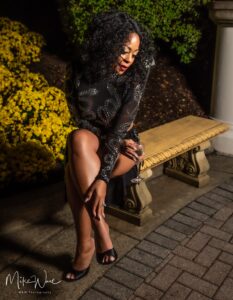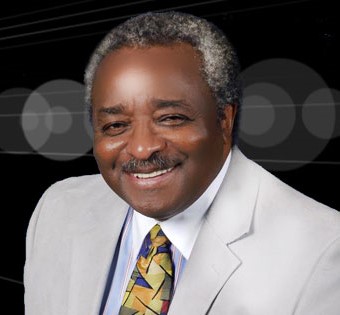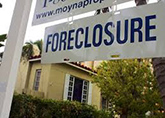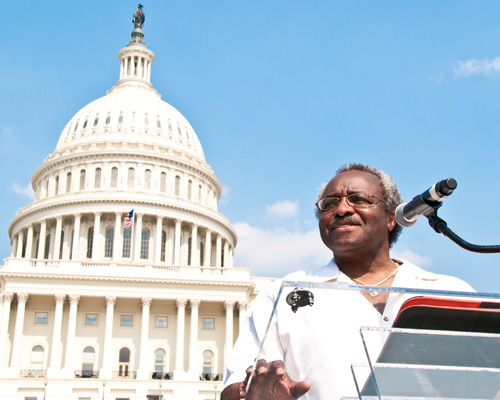Every Creative Needs an Advocate
A month or so ago, I received an email from an independent fashion designer in Seattle, Washington. She was concerned because a first tier department store sent her a cease and desist letter. The letter was short and succinct and contained a request that she "cease and desist" from using her federally registered trademark. Why? The department store argued that the designer's trademark was confusingly similar to the trademark they owned for similar fashion goods. Interestingly, the designer did everything right. She selected a strong brand name, conducted a search to determine the availability of the mark, filed a trademark application with the US Patent and Trademark Office, obtained a federal trademark registration and continued to properly use her registered mark to identify products sold in her online boutique. What else could she have done? The answer to this question is, "Nothing, really."
Imagine the designer's dismay when she received the first letter from the department store challenging her trademark. Soon thereafter, she received a second letter. This time instead of a receiving a cease and desist letter, she received a Notice of Opposition. The opposition to the designer's use of her own trademark was official. The grounds as stated in the US Patent and Trademark Opposition Notice included 1) priority (the department store believed they were the first to use the trademark) and likelihood of confusion (the department store believed that because the designer's trademark was similar to their trademark, consumers would likely be confused about who actually produced the fashion goods).
Whether the claim presented by the department store was valid, the designer was faced with a dilemma. She would have to respond to the Notice of Opposition within the 40 days allotted by the Trademark Trial and Appeal Board or possibly lose the Opposition by default. Thankfully, the designer never had to file an official Response. Instead, she contacted a fashion attorney and was able to negotiate a settlement on her own before the Response was due. In this instance, the designer entered into a consent agreement with the department store that allowed her to continue using her trademark so long as she advertised and sold her product in certain markets.
This trademark tale had a happy ending. And the moral of the tale is simple: A business is only as strong as its owners, boards, and advisors.
Every successful business owner must cultivate relationships with expert advocates in a variety of fields who can provide advice and guidance when needed. In this instance, obtaining a federal trademark registration was not enough to prevent the west cost designer from being targeted. Instead, it was her decision to reach out to an advocate that made all the difference.
There are many non profits that have been created to assist artists including fashion designers with legal matters at discounted rates or at no cost (pro bono). The Washington Area Lawyers for Arts (WALA) is a not for profit organization that provides access to education, advocacy and legal services through workshops and seminars, legal clinics and pro-bono referral services for creatives and cultural organizations. WALA and other volunteer lawyers organizations are happy to match creatives with solo practitioners and law firms who specialize in arts advocacy including intellectual property, real estate, contract and business law, etc.
It is imperative that creative entrepreneurs surround themselves with advocates who can assist when needed. Don't wait until you receive a disturbing Cease and Desist or Opposition Notice in the mail. Get to know the members of your local volunteer lawyers groups today. They can be a tremendous asset.
Mariessa Terrell is President of the Board of Directors of the Washington Area Lawyers for the Arts (www.waladc.org). She is an intellectual property attorney, brander and founder of SBC Law Group with over 10 years-experience providing intellectual property law services to fashion designers, defense contractors, non-profits and start-ups. Mariessa endeavors to make the trademark registration process simple and affordable by helping clients select marks that will be afforded the most protection, conducting comprehensive searches of potential trademarks and filing trademark applications with the US Patent and Trademark Office. Prior to starting her own firm, Mariessa worked as Trademark Examining Attorney with the United States Patent and Trademark Office and helped to register thousands of fashion brands including, Revlon, L'oreal, Estee Lauder, Balenciaga, Chanel, Dooney and Burke, Avon and countless others.






